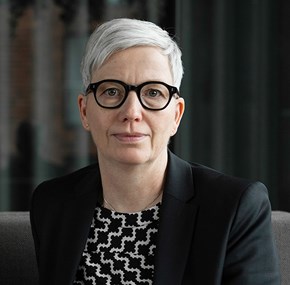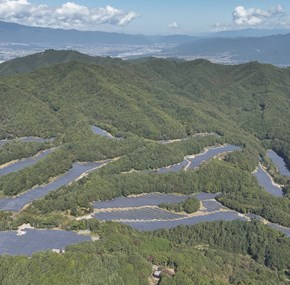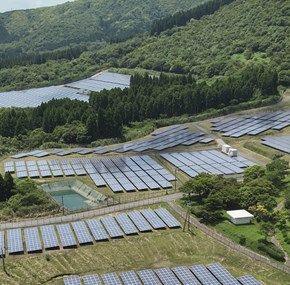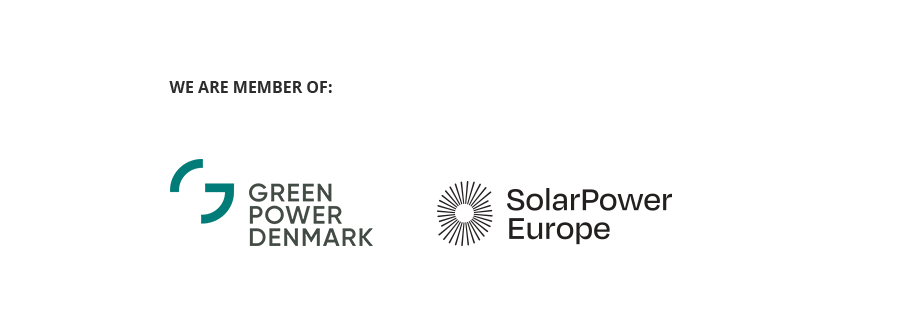Beyond subsidies - the future of the European solar PV market
Mikkel Berthelsen, Partner, Chief Legal Officer, Obton
If you want an indication as to where the European market for solar photovoltaic energy is heading, look to Germany or France.
Both countries are very mature markets for renewable energy. This means that the price for renewable energy is steadily inching closer to grid parity; i.e. a levelized cost of renewable energy matching the price of purchasing power from the electricity grid.
France, like many other countries, offers developers access to government-backed Power Purchase Agreements (PPAs). Through auctions, developers bid with their planned capacity and the lowest price per MWh wins.
The French market for renewable energy is highly competitive; as seen by steadily dropping prices at national auctions. In fact, the price has dropped by 5% on average at all recent auctions and the trend appears to be continuing.
Netherlands – prioritizing renewable energy
In common with France, the Netherlands offers developers PPAs through auctions but with a greater financial incentive for developers.
The government wants to promote renewable energy and therefore offers a better price through their SDE+ scheme auctions (Stimulation of Sustainable Energy Producion), where the price has also been declining through the auctions.
Another factor to consider in the Dutch market is the duration of PPAs, which is only 15 years compared to 20 years in France.
Southern Europe – cautious progress
Without a doubt, many of the best sites for solar PV facilities are located in Southern Europe. This means that developers can offer cheaper projects with MWh at lower prices.
At the beginning of the decade, the ideal location combined with generous government subsidies created a solar PV bonanza.
Especially in Italy, many small developers built relatively modest solar PV facilities. These facilities were not as professionally run as is the norm today. When the Italian government suddenly tightened the subsidy system retroactively, a lot of investors suffered losses. The same solar PV backlash was seen in Spain and this has made both investors and developers understandably cautious.
Solar power without subsidies
As prices for solar PV arrays continue to fall while their efficiency increases, the need for state subsidies is diminishing and, in some markets, already completely gone.
At Obton, we believe that in time all European markets for solar PV energy will move towards an exclusively market-based price system. And this may prove to be a blessing in disguise.
Government backed PPAs may offer investors a high level of security for 15 to 20 years, but the trade-off is relatively low prices per MWh. In the future, as prices continue to drop, developers may well look for alternative buyers – for example, making Corporate PPAs directly with private buyers such as utilities or energy traders.
Beyond subsidies – only the strong will survive
The European renewable energy market of the future will no doubt be more sophisticated.
In the past, developers basically “just” had to qualify for national tenders and provide a competitive bid for their projects to succeed. In the future, developers will need to identify and negotiate directly with corporate buyers and ensure that the PPAs are enforceable, bankable and provide sufficient guarantees. This requires a completely different level of organization and professionalization – skills that we at Obton excel at after acquiring more than 500 PV system over the past ten years.
Not only do we have buyers for all the capacity we can acquire, we also help developers trim projects and find the best possible funding.






